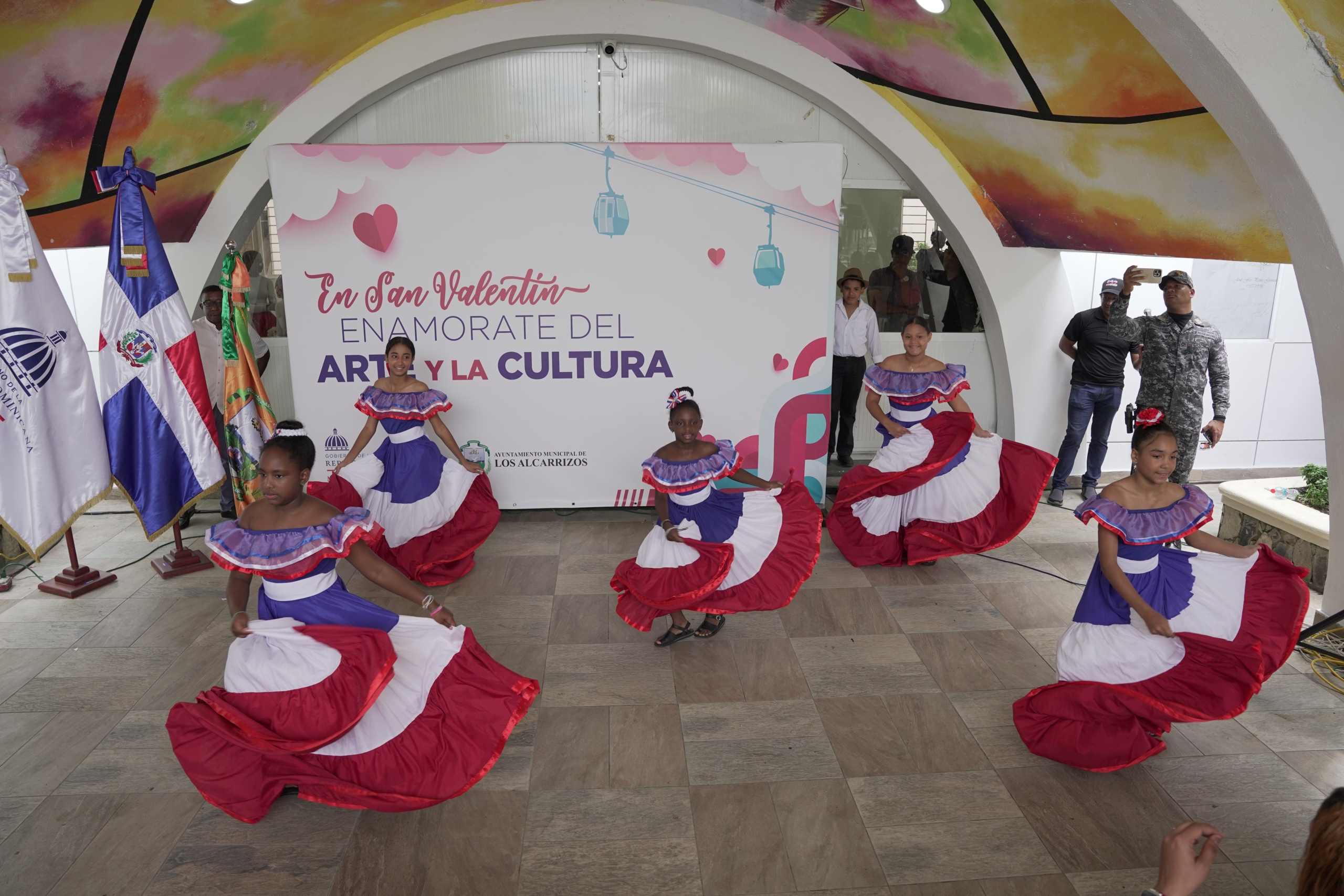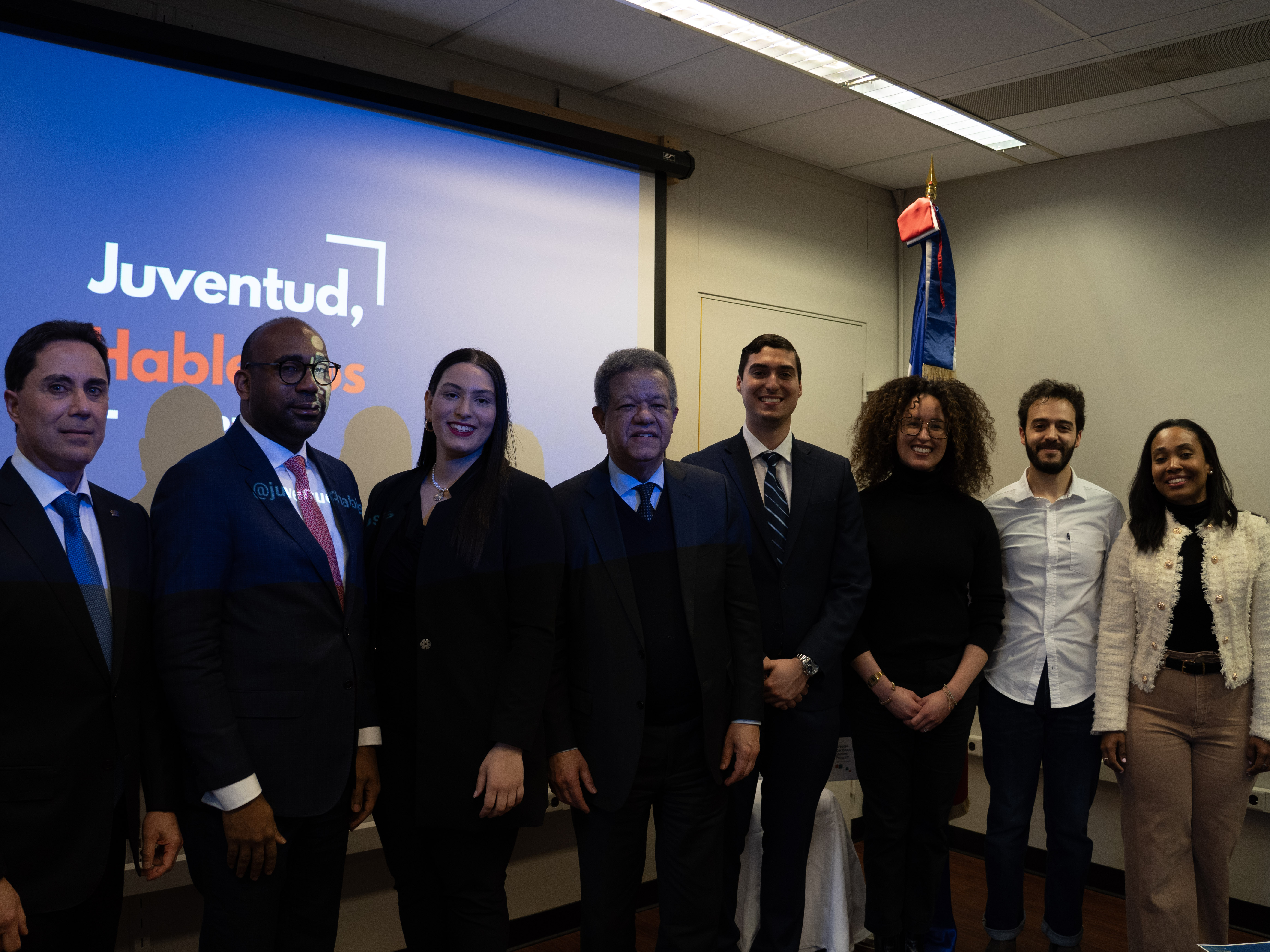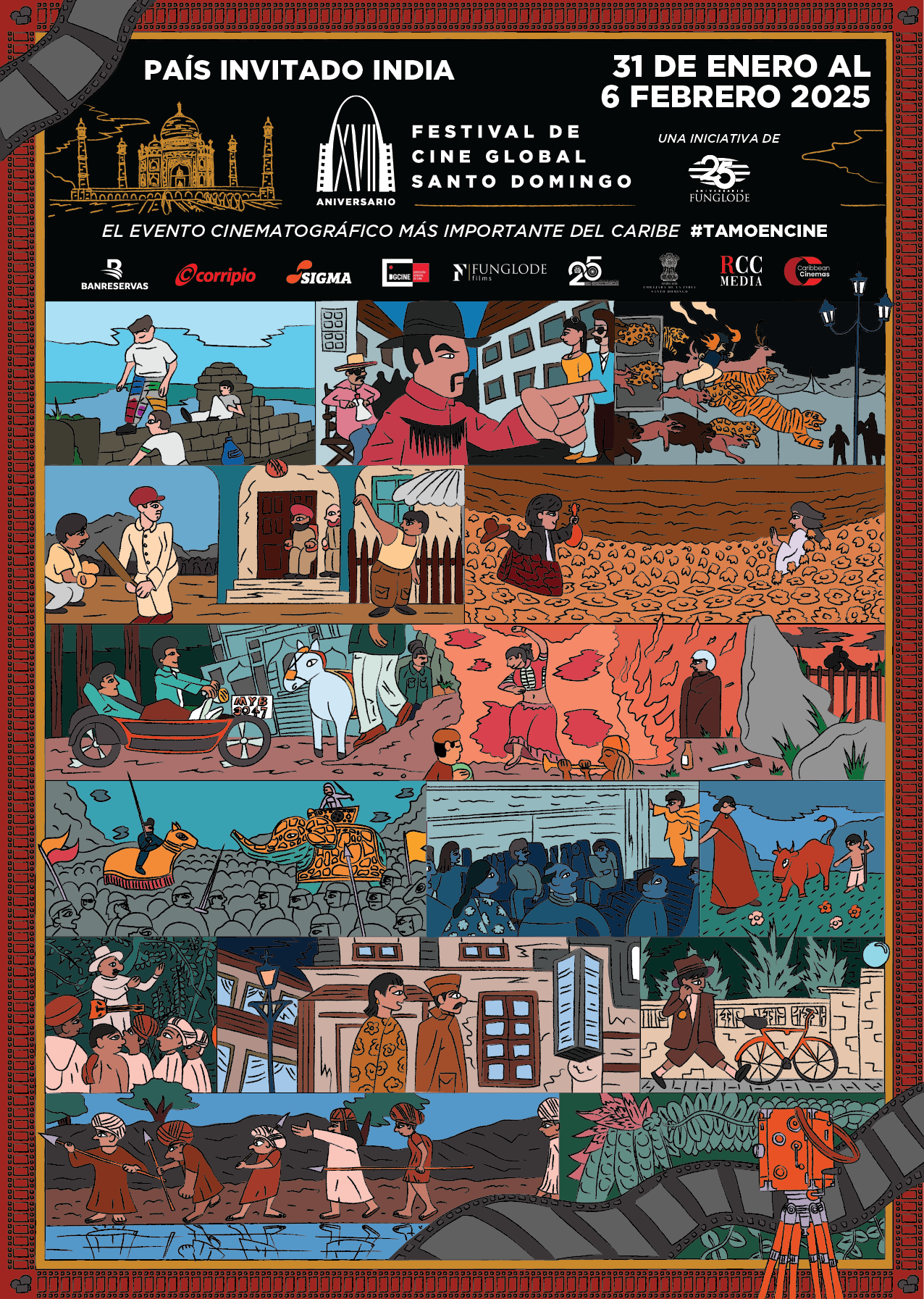Experts Analyze Extended School Day at Closing of International Seminar
 | Experts Analyze Extended School Day at Closing of International Seminar The Extended School Day Program (PJE in Spanish) is an opportunity to advance in terms of equity and quality in that it provides opportunities for students with socio-economic difficulties to stay at school longer and to take advantage of more and better learning opportunities. Ms. Vincent said the model for the extended school day “is an innovative move which requires an updated, relevant and pertinent curriculum, committed teachers and motivated and healthy students who take responsibility for their own development … This analysis was made by Minerva Vincent, Deputy Education Minister in charge of Professional and Pedagogical Services at the conclusion of the 2-day International Seminar on the subject organized by the Ministry of Education (MINERD in Spanish), through the Dominican Institute for Evaluation and Research on Educational Quality (IDEICE in Spanish). Ms. Vincent said the model for the extended school day “is an innovative move which requires an updated, relevant and pertinent curriculum, committed teachers and motivated and healthy students who take responsibility for their own development. It also requires efficient organization and sufficient resources.” “To achieve the general goal,” stressed Ms. Vincent, “which involves 80% of all levels of students in the country benefitting from the extended school day by 2016, we need to build another 29,000 classrooms address the current over-crowding of the school buildings and to guarantee ideal classrooms for the development of the current curriculum.” She added that there must be an increase in curriculum and teaching development, management of knowledge, training for school principals and directors and compliance of school hours and the school calendar. Senior Education Specialist from the Inter-American Development Bank (IDB), Javier Luque, in speaking about the extended school day in the Dominican Republic, said education in the country needs specific interventions to enable a qualitative increase in student academic results and contribute to the development and well-being of all Dominicans. He stressed that this is “a unique opportunity in the Dominican Republic following the decision to increase the education budget to 4% of the GDP.” On the second day of the seminar, specialist Marina Orozco, spoke about Fulltime Schools in Uruguay. Ms. Orozco is the general coordinator of the Support Project of the Public School System of Uruguay and has also written and co-written numerous publications on the topic. José Luis Márquez Hernández is the deputy director of Operation and Integration Programming of the Sectorial Coordination of Primary Education in Mexico City. He spoke about extended-hour schools in his country. Luz Elena Gaviria, Minister of Education in Medellín, spoke about experience in the use of free time among students. At the conclusion of the international seminar, the Director of MINERD’s Office of International Cooperation, Fernando Ogando who represented Education Minister Josefina Pimentel, thanked the international experts and participants as well as the work teams for successfully putting this activity together. They also showed a video on model extended school day programs here in the country that began as a pilotsin 2011 at 21 schools. The purpose of the international seminar was to analyze and socialize the styles being used by different countries as well as the contributions and advantages of this model and what it means for the families and teaching sector. The closing event was headed by Education Minister Josefina Pimentel, who was accompanied by the Minister of Education of Costa Rica, Dr. Leonardo Garnier; Dr. Miguel Llivina, education official for UNESCO-Havana, Cuba, and JulissaUreña, also a representative of UNESCO-Havana, Cuba. Other individuals were also in attendance. | |

Related News
-

(Versión en español) MINC realiza el evento "Enamórate del Arte y la Cultura" en Los Alcarrizos
-

(Versión en español) InspireDR celebra una década de impacto con “La Fiesta 10” en Cabarete
-

(Versión en español) Organización “Juventud Hablemos” de la Universidad de Columbia y la GFDD copatrocinan a casa llena evento sobre “La evolución de la democracia en la República Dominicana”
-

(Versión en español) Realizan premiere del documental “El Padrino II: 50 años y su filmación en República Dominicana”
-

Actividad #1
Dónde:: Complejo Acuático Del Centro Olímpico Juan Pablo Duarte.
Días: 28 y 29 de noviembre 2016.
Precios: RD$1,1000.00 VIP, RD$600.00 gradas.


